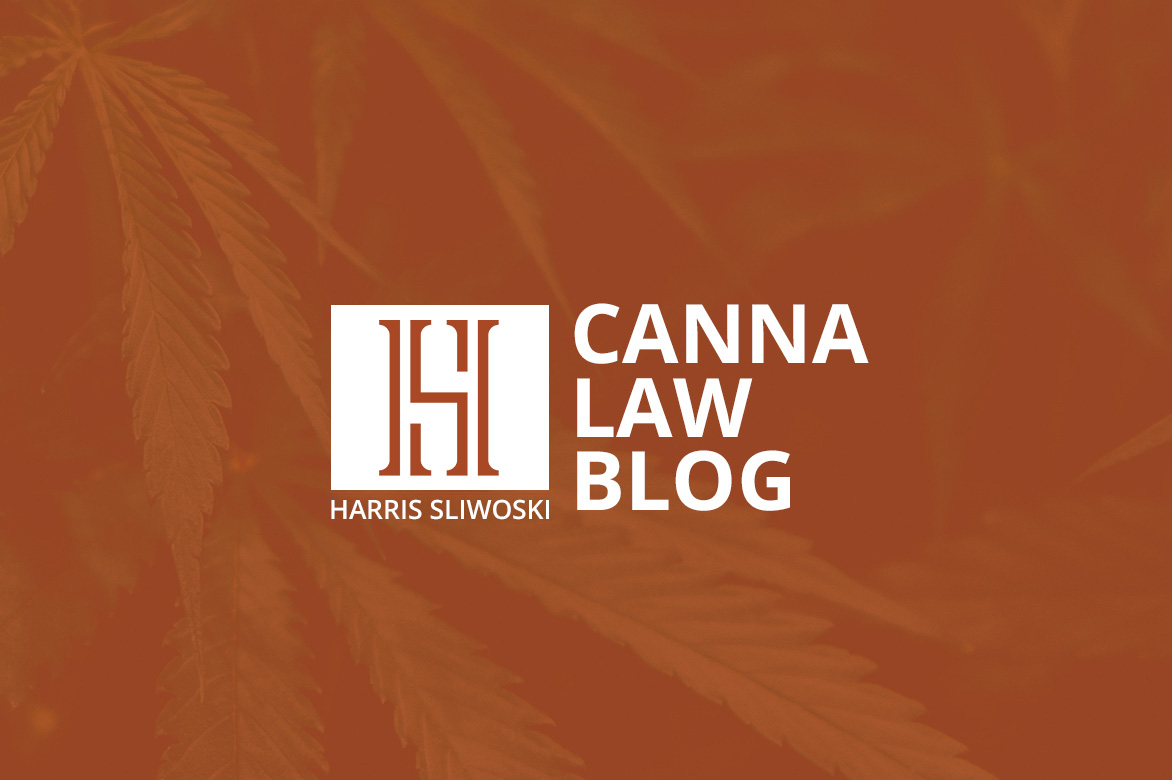
Much Ado About RICO
Our Oregon lawyers have been fielding many questions regarding a recent civil RICO complaint filed in the federal court in Portland, Oregon styled as McCart v. Beddow et al. This case was filed on the heels of the Safe Streets decision out of Colorado that we discussed recently, and was clearly heavily influenced by that decision. You









